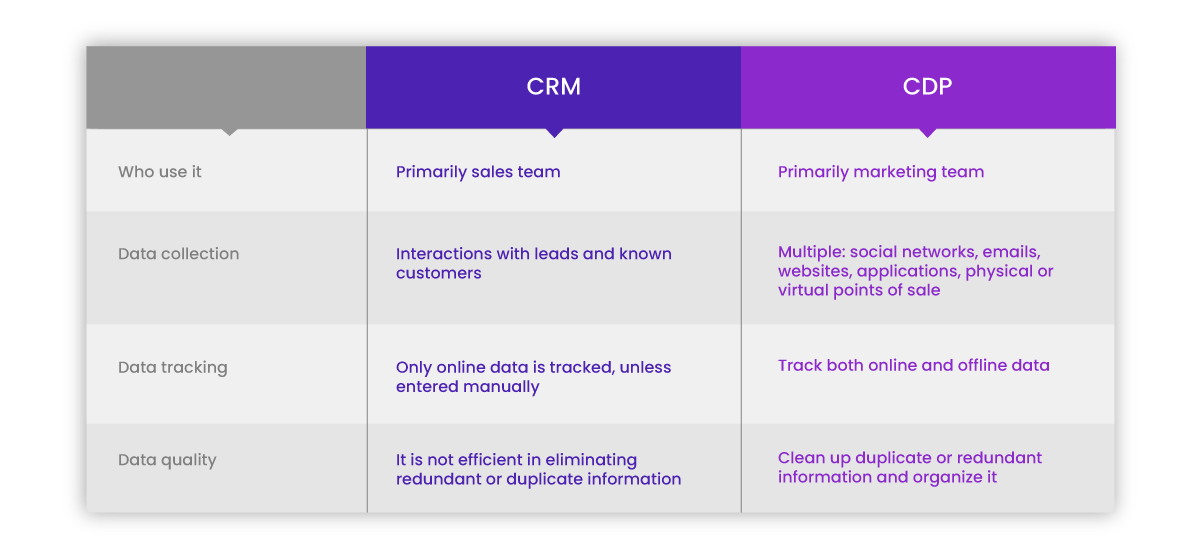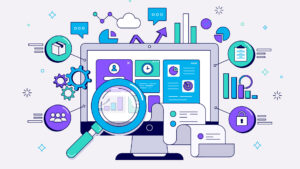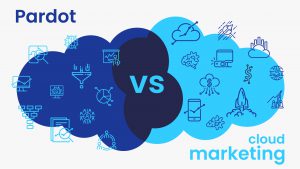Currently, companies are committed to sending the right message at the right time and channel to the right people. But how do they determine if the message, moment, channel, and people are the right ones? How can they ensure that their efforts will not be in vain? Well, for this, they depend on their data and data management to operate it to the fullest. In the business world, dissimilar technologies have emerged to collect, process, and manage this volume of data; among them, two have been able to position themselves as the favorites: Customer Relationship Management systems (CRM) and Customer Data Platforms (CDP).
Although to untrained eyes it may seem that we are talking about similar technologies, each one has a different purpose that has a noticeable effect on the final result. What are they? What differentiates them? Which one is the most suitable for your business? In this article, we provide you with all the necessary information so you can decide.
CDP and CRM, what are they?
A Customer Data Platform (CDP) establishes a new marketing paradigm based on data and customer-centricity. It is essentially a set of packaged software solutions designed to collect and combine customer data from all sources and create complete and unified profiles of each client.
Conversely, Customer Relationship Management (CRM) systems specialize in building and managing positive interactions with consumers. Its main objective is to use historical data to recognize and interact with potential customers and work to retain them. In other words, its purpose is to register, track, and build better relationships with customers in order to promote their satisfaction and loyalty, while optimizing revenue and profitability.
Who uses it?
Although both softwares are likely to be used by the entire company, the truth is that CRMs are mostly managed by those in areas oriented towards direct interaction with the client, mainly sales; meanwhile CDPs are managed most often by marketing.
The functionalities of a CRM are designed for the sales team to collect, monitor, and manage details about customers and prospects during the sales process. This allows them to streamline, study, and optimize their efforts. In turn, the marketing team can analyze the activity of sales representatives and their results for business decision making. In addition, through the CRM, you can track how many times the customer has submitted a ticket to support and how those tickets have been resolved. This way, individual relationships with each client are managed and personalized communication is achieved.
For its part, the objective of a CDP is to collect all customer data, unify it, and make it more understandable for high-level decision-making. Through this comprehensive view of the customer, the marketing team can determine the most effective strategies and hyper-personalize communication, thus making each customer’s experience unique. At the same time, the development area can access consumer behavior and usage trends regarding the product, prioritizing the development of new functions, features, or offers. Additionally, executives can also estimate the overall cost of a new acquisition and the value of each customer.

How to Get the Sales Team to Use Salesforce
If Salesforce is not used to its maximum capability, it may lose its value. How to get the sales team to use Salesforce can become a real headache if you don’t know how to manage it well.
What are they for?
Probably their biggest difference is that they are essentially designed for different purposes. A CDP is based on the collection of structured or unstructured data from any exchange point of the company and its public. It registers, cleans, organizes profiles and segments, achieving a solid and persistent database that helps understand customers and their behavior.
On the other hand, CRMs focus on improving personal relationships between the company and its customers with a 1-to-1 communication. It centralizes historical data on these relationships to use as a basis for future interactions with each customer.
Data collection and management
When it comes to data collection, CRMs have their limitations. CRM data can only track interactions with known customers. That is, it only stores data from people who have made transactions or have interacted in some way with the company. In addition, they cannot collect data offline, and because they are focused on customer interactions and not on the types of data, they are also not efficient in eliminating redundant or duplicate information. Likewise, it does not show a comprehensive view of the client, but only historical data of their relationship with the company. However, the main customer relationship management platforms have become aware of their weaknesses and have sought to offer a more complete product by integrating with other technologies such as business intelligence, AI and even the CDPs themselves.
On the contrary, CDPs capture data from multiple sources—social media, email, websites, apps, physical or virtual points of sale—and store it on a single platform. Unlike CRMs, they are capable of identifying information from both known and unknown customers, both online and offline. In addition, it cleans up duplicate or redundant information and organizes it, resulting in a persistent database of complete and unified customer profiles. However, although in essence they collect data and make it more digestible, they require a specialized marketing team to conceptualize the strategies to follow based on this data.

CDP vs CRM: complementary technologies
Truth be told, both systems are not mutually exclusive. A fairly wise decision would be to take advantage of the strengths of both solutions, especially if they were integrated into a single platform. A CDP would help your business build and control a 360 view of each customer; while a CRM would optimize personal relationships with each of them. Together, both would achieve that desired hyper-personalization in communication with clients.
The Salesforce CRM is one that has not been left behind and has incorporated its own CDP solution into its services. Under the name of Salesforce CDP, the CRM platform promotes the philosophy of customer-centric marketing and provides the long-awaited comprehensive and unified profiles. In future articles we will illustrate the role of Salesforce in the creation, launch and development of CDP technology as part of its ecosystem. If you want to learn more about Salesforce CDP or want to start using it, feel free to write to us at hello@theskyplanner.com.



